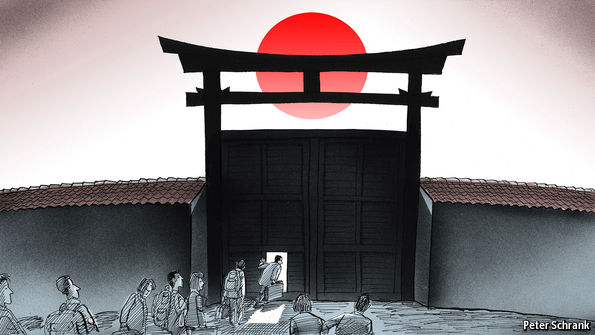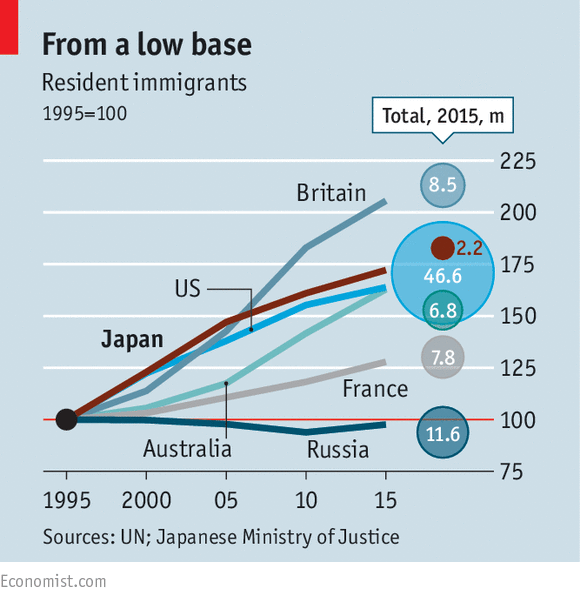Older Russians relax during a rally in Moscow. Even with steady improvements in life expectancy, Russian men — whose life expectancy was about 56 years in 1995 — today have an average life span of just under 66 years. Men in Europe live on average 10 years longer.
COREY FLINTOFF, BYLINE: To judge by the number of babies in buggies and strollers in any large Russian city, you'd think that this country is having a baby boom. Take this city park in St. Petersburg, full of young families with children and toddlers. Natasha and Shariv Azizov are here with their three children. Natasha says they're looking forward to having more because, as Christians, they regard children as a blessing.
NATASHA AZIZOV: (Through interpreter) We don't know how many more children God will give us, but we are grateful to God for those we have so far.
FLINTOFF: Her husband, Shariv, just grins. We'd stop at 15, he says. Gayane Safarova, head demographer at the Institute for Economics and Mathematics in St. Petersburg, says couples like Natasha and Shariv aren't unusual for Russians in their 20s and 30s.
GAYANE SAFAROVA: At present, the total fertility rate is as in the majority of developed European countries.
FLINTOFF: She says young Russian women are having babies at roughly the same rate as their contemporaries in Germany or France. The problem is there aren't enough of these women in Russia. Twenty or more years ago, during the turmoil that followed the collapse of the Soviet Union, many people chose not to have children, leaving Russia with a demographic deficit.
SAFAROVA: The number of potential mothers is not big, so we can't expect the growth of the number of births in the future.
FLINTOFF: The fear for Russian planners is that this smaller group of mothers may continue the problem by having fewer children themselves. That would have implications for whether Russia will be able to find enough workers for its factories or soldiers for its armies. Mark Adomanis, who analyzes Russian economic trends for Forbes, says there's another disturbing statistic. He says Russia's death rate recently rose slightly after several years of decline. But he points to an increase in the number of deaths from alcohol poisoning.
MARK ADOMANIS: And that is very disconcerting because any uptick in that death rate has, in the past, gone along with, usually, some pretty worrying trends.
FLINTOFF: Adomanis says those trends include other indicators that add up to an increase in accidents and health problems. Russians, and especially Russian men, used to be notorious for smoking, drinking and reckless behavior. Even now, with steady improvements in life expectancy, Russian men have an average lifespan of just under 66 years, as compared to men in Europe, who live, on average, 10 years longer. Analysts say Russia's economic crisis is likely to affect both deaths and births. When times are tough, people tend to take less care of their health, so death rates rise. If people are uncertain about their financial future, birthrates fall. Here's another couple I met in that park in St. Petersburg. They didn't want to give their names because they're unmarried, and she's pregnant. The young woman says most of her friends are putting off having children because of the economy.
UNIDENTIFIED WOMAN: (Through interpreter) Maybe it's because of the crisis. That's why so few people are planning to have kids. It takes a lot of money to feed the baby, to buy everything. It costs a lot more than it did before the crisis.
FLINTOFF: The latest economic figures suggest that Russians could be facing more years of financial hardship, which could make the country's demographic problems a lot worse. Corey Flintoff, NPR News, Moscow.
Source: http://www.npr.org/templates/transcript/transcript.php?storyId=455318254


